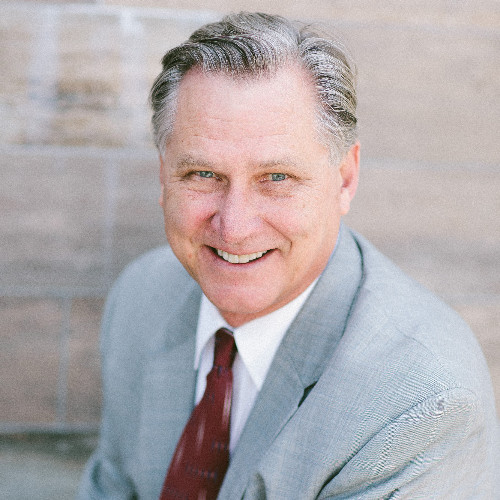It’s tough for reverse mortgage industry professionals out there: high interest rates, less beneficial terms for borrowers, and a challenging economy mean origination volume is hard to come by.
How to frankly assess these challenges while maintaining valuable referral partnerships is key, speakers said during a panel at the National Reverse Mortgage Lenders Association (NRMLA) Annual Meeting and Expo in Nashville, Tenn.
Referral descriptions matter, real estate agents
Attributing the idea to Understanding Reverse author Dan Hultquist, Scott Harmes of C2 Reverse explained why the semantic label applied to a referral source can impact both the relationship itself, and the mindset for approaching that person.
“Don’t think of them as referral sources, [instead think of them] as referral partners,” Harmes said.

The type of referral source can have a big impact on such a relationship and discussion particularly when it comes to licensed real estate agents, Harmes added, before directing the moderator to give Hultquist, who was in the audience, the microphone.
“It’s important that within a first conversation with a referral partner that they understand – very quickly – that they have something to gain,” Hultquist said. “It seems like as mortgage professionals, we get into this habit of [saying] ‘give us leads,’ or [asking] ‘can I find some way to get this funnel of leads coming to me?’ But it’s not about leads; it’s about serving others.”
If reverse mortgage professionals shift their focus instead to what their partners can benefit from, the leads will follow, Hultquist said.
“So, the leads are secondary,” he added. “I know it’s hard to think about it that way, but if you’re working with a [real estate agent] partner, what do they have to gain? Increased listings, sales and purchasing power for those clients, with one product that my competition doesn’t sell. That’s an easy conversation to have with an agent right now.”
Data from the Federal Reserve Bank of St. Louis indicates that there are just over 700,000 real estate listings across the country as of September 2023. Hultquist added that there are 1.5 million Realtors and approximately 2.7 million agents overall, according to the Association of Real Estate License Law Officials.
By focusing on how these agents can increase listings, the likelihood of actionable leads will increase, he added.
The importance of financial advisors
Harmes always asks a new client about whether or not they have a financial advisor, and shifts the conversation based on the response, he explained.
“There’s no wrong answer,” he said. “Because if it’s ‘no,’ [I ask] if I can refer [them] one. I have about a half-dozen financial advisors I work with on a regular basis, so then I’m bringing them business.”
If the answer is yes, then Harmes will ask the client if they can get together with the advisor to discuss it further. An attendee who works alongside Harmes at C2 also observed that fiduciary financial planners are generally more open to a conversation about a reverse mortgage than one who is not a fiduciary.

“If you’re dealing with financial planners who aren’t fiduciaries that only make their money off of selling stocks, they have much more of a closed mind,” he said. “If they’re a fiduciary, once you show [a reverse mortgage] to them, then they are obligated to share it. So I would spend time dealing with those types of financial planners.”
Harmes added that certain certifications that could be valuable lead sources include Registered Investment Agents (RIAs) and Retirement Income Certified Professionals (RICPs), a designation offered by the American College of Financial Services.





